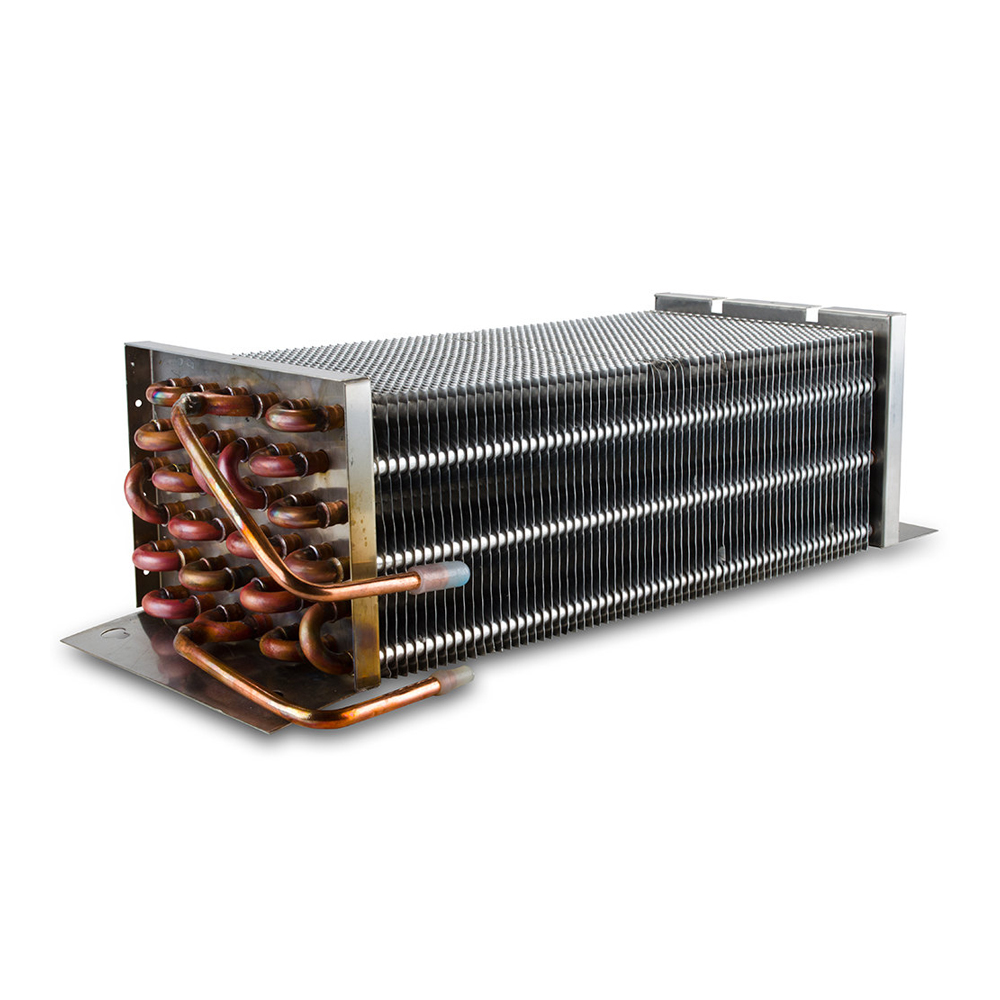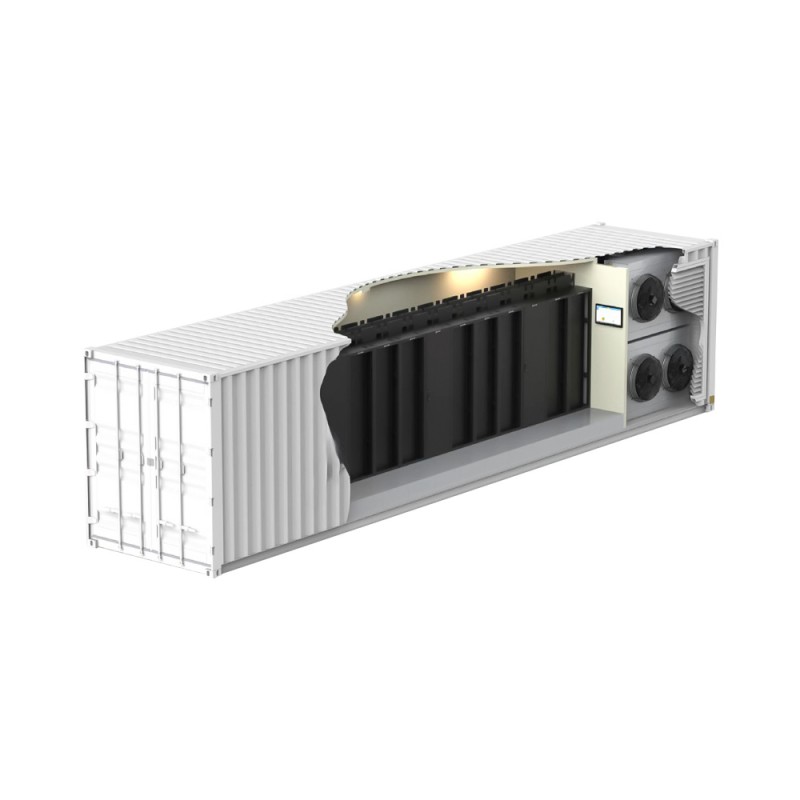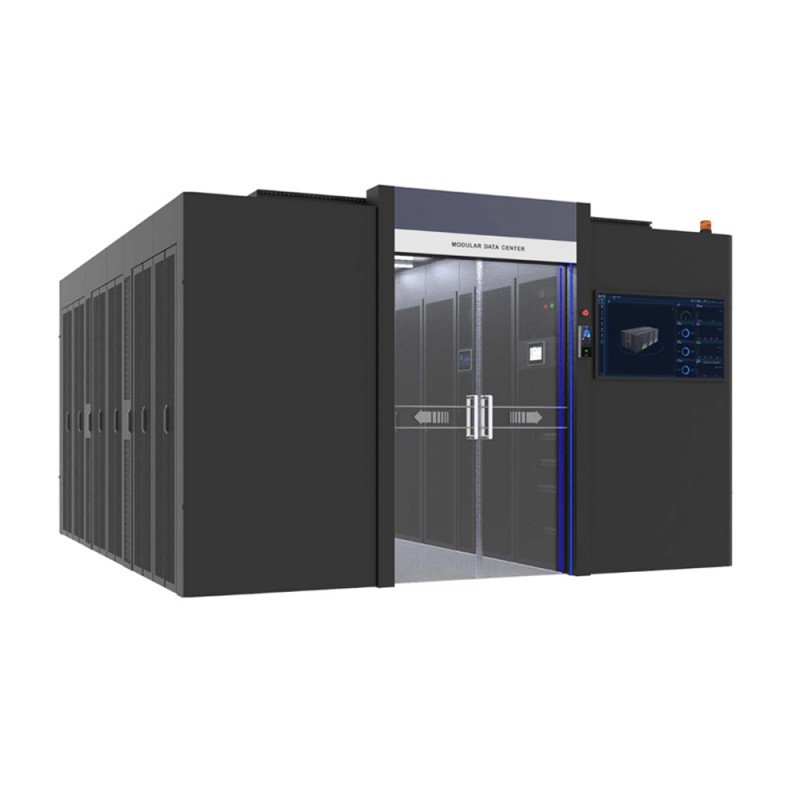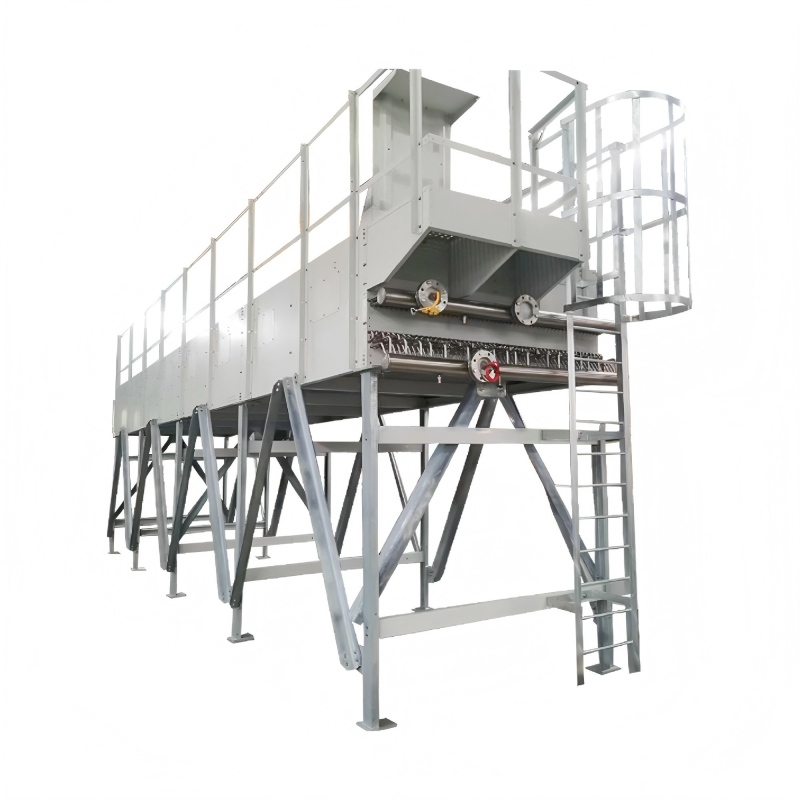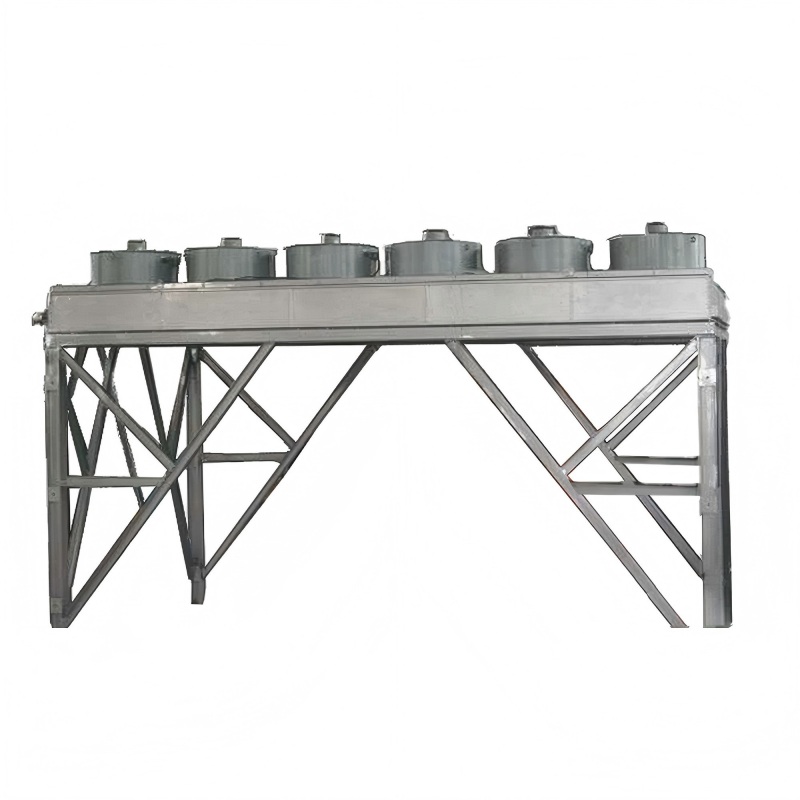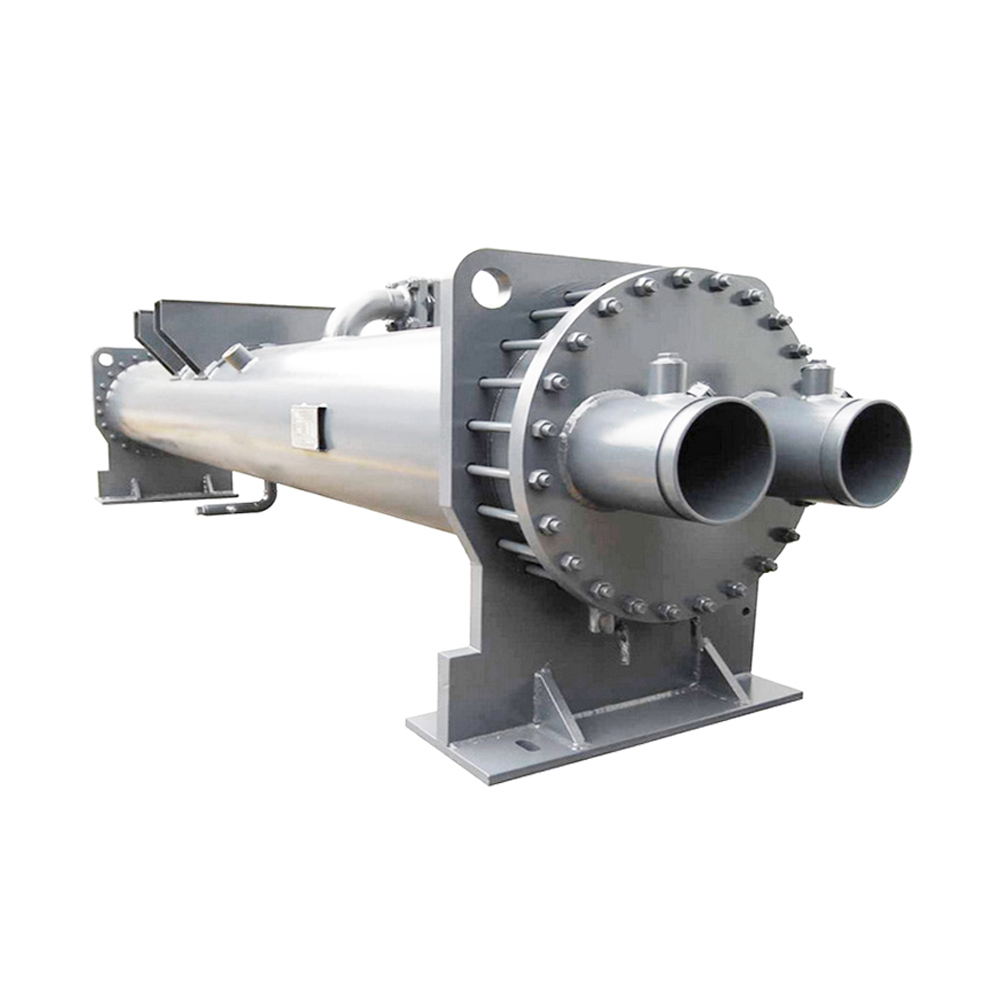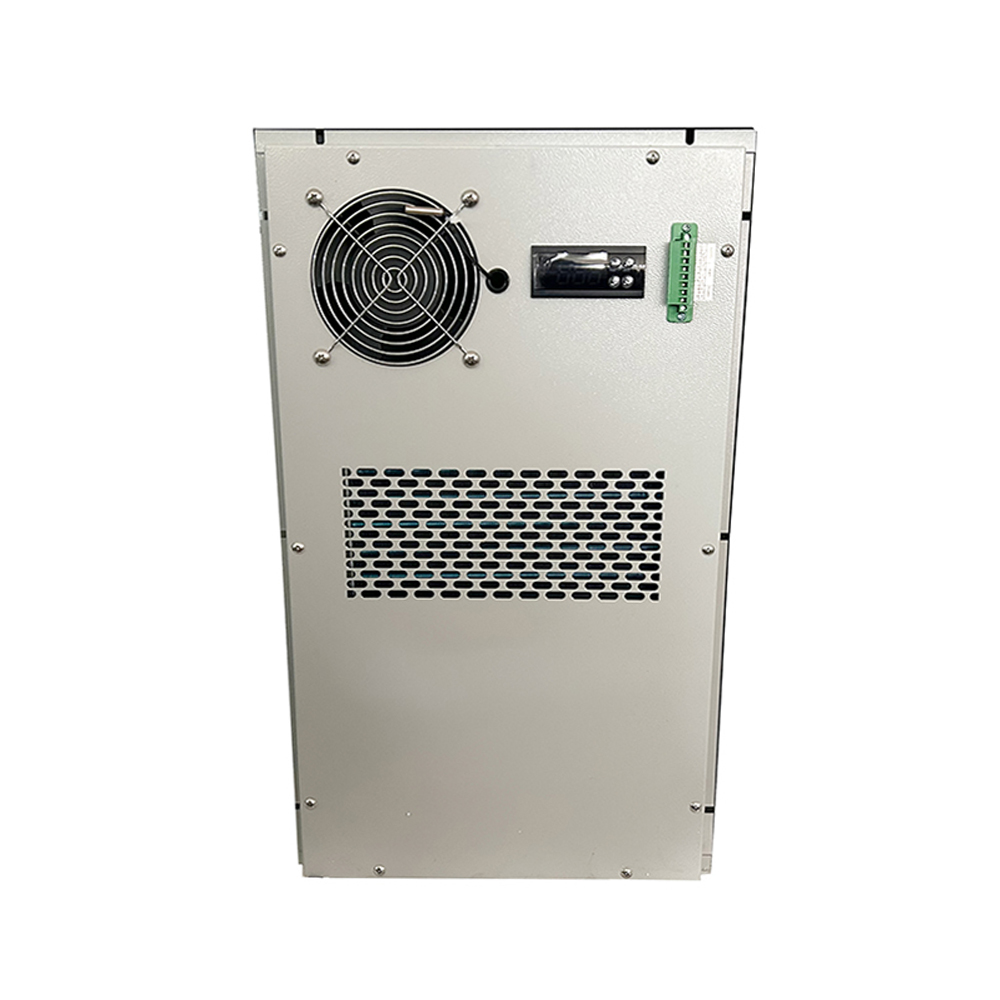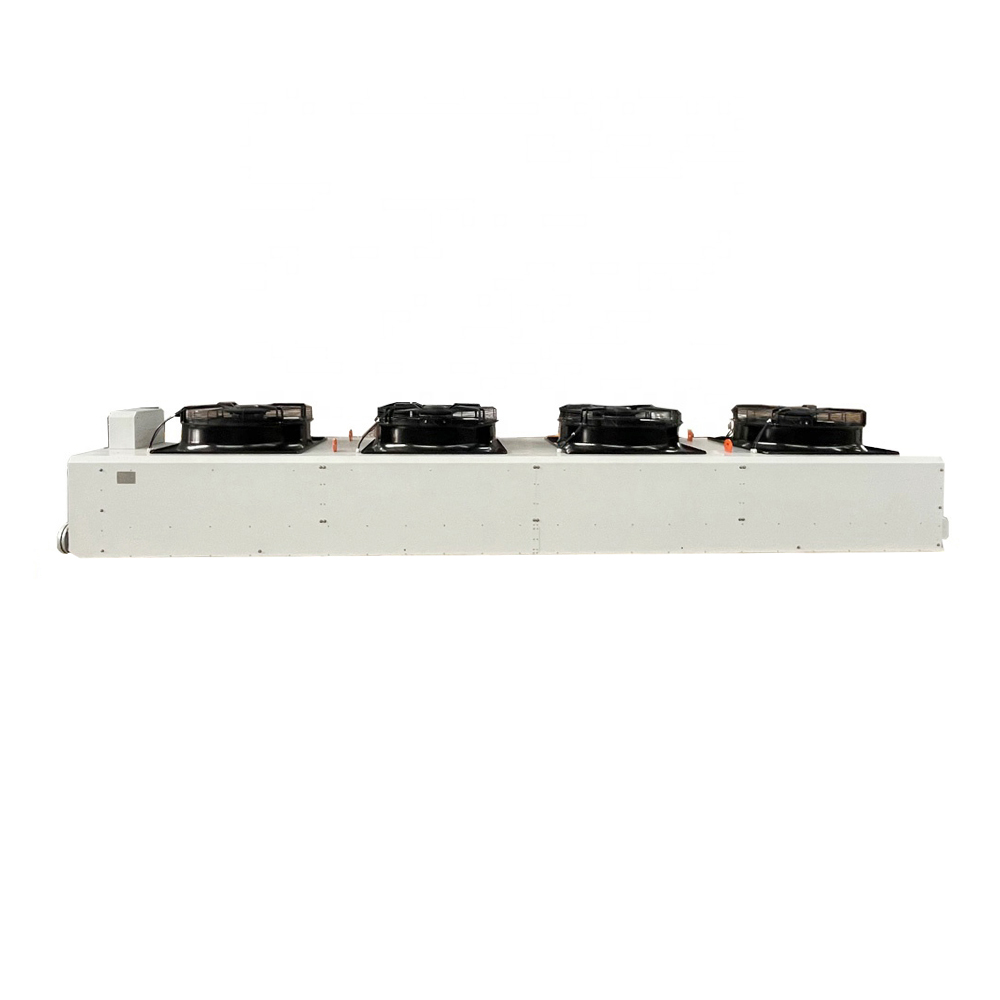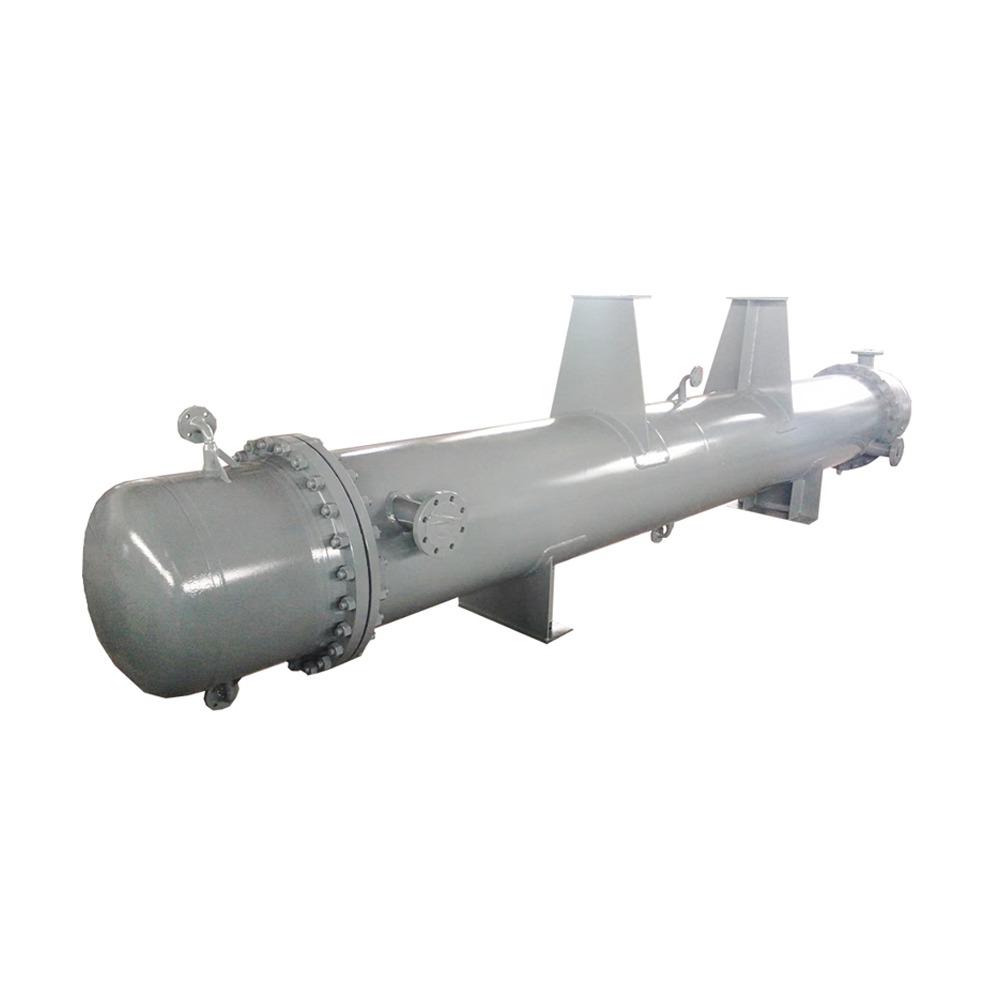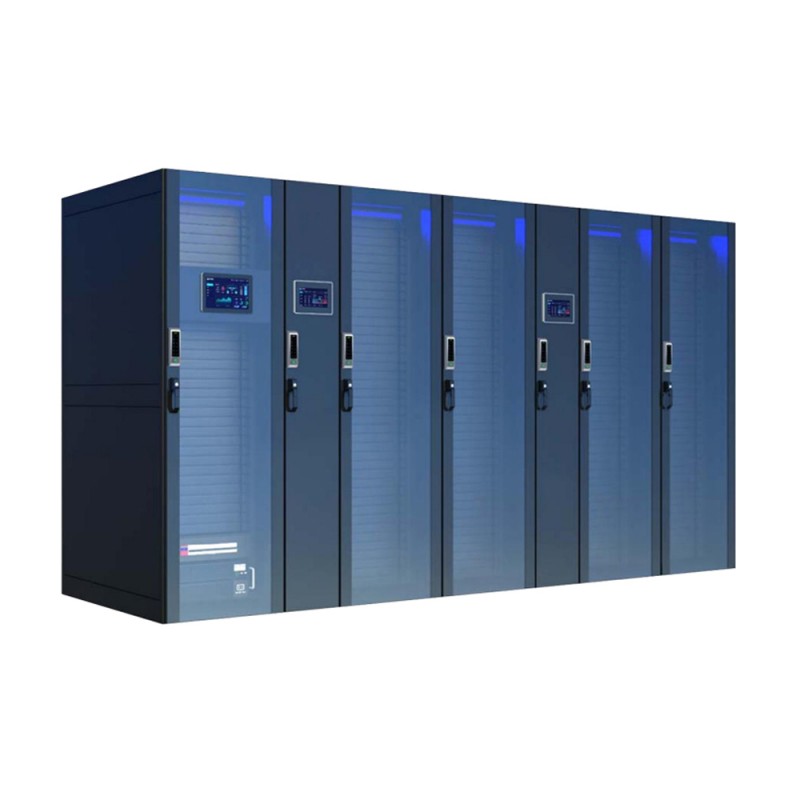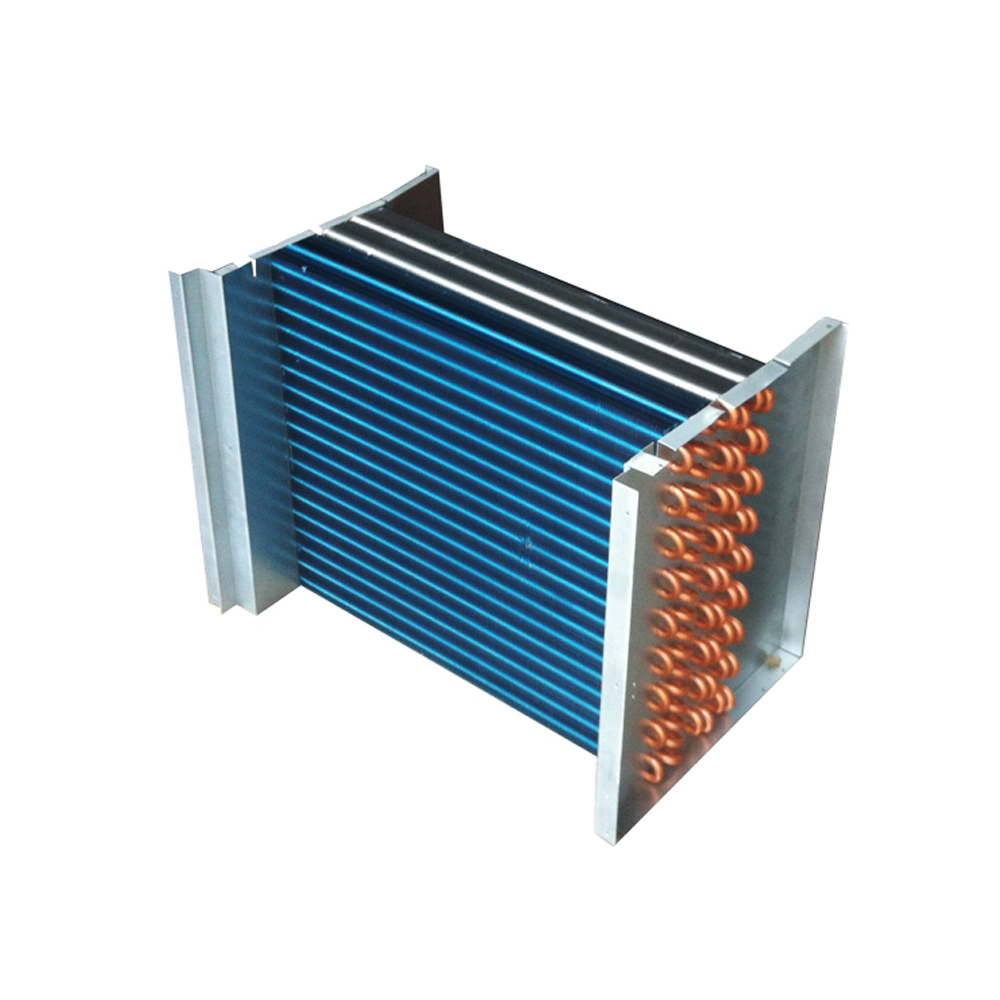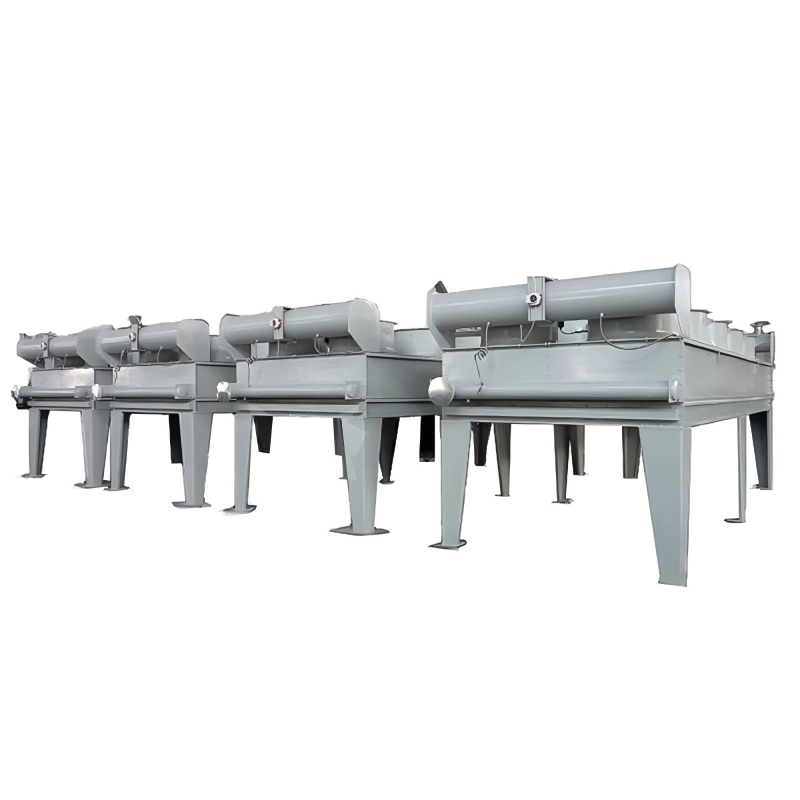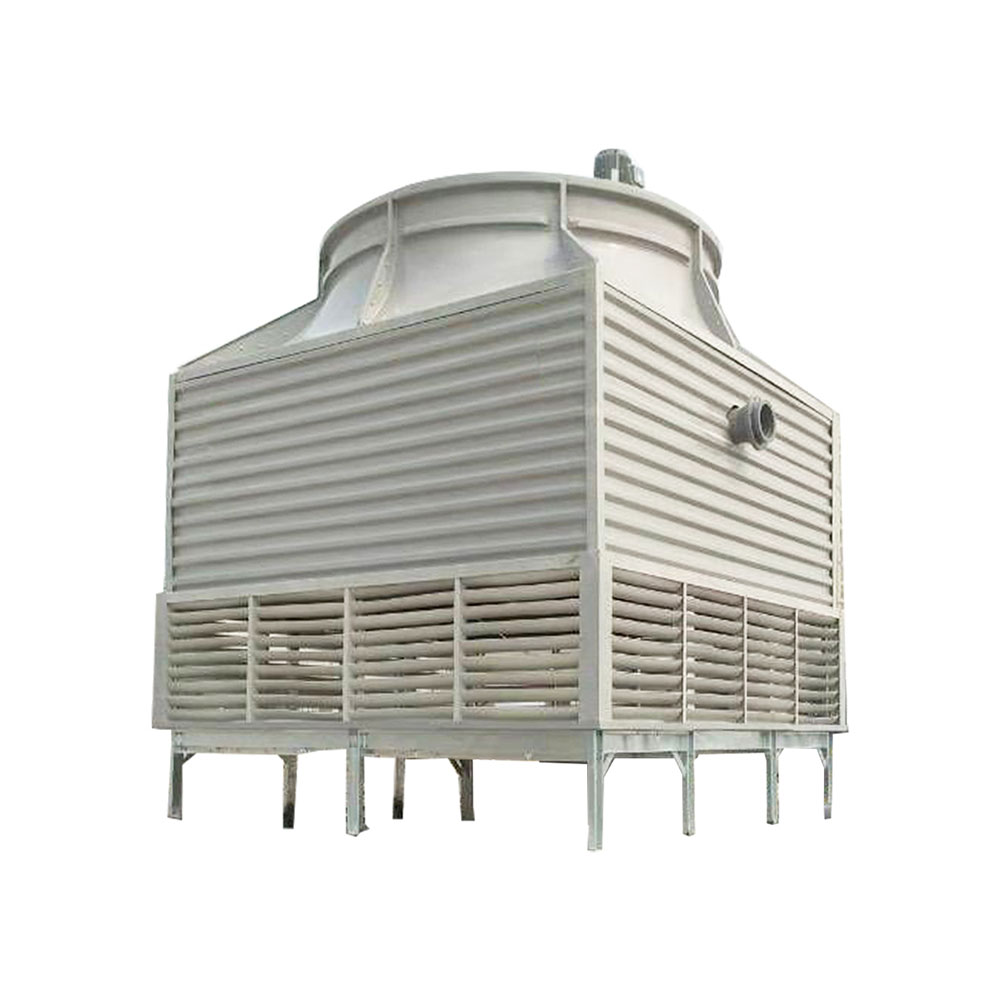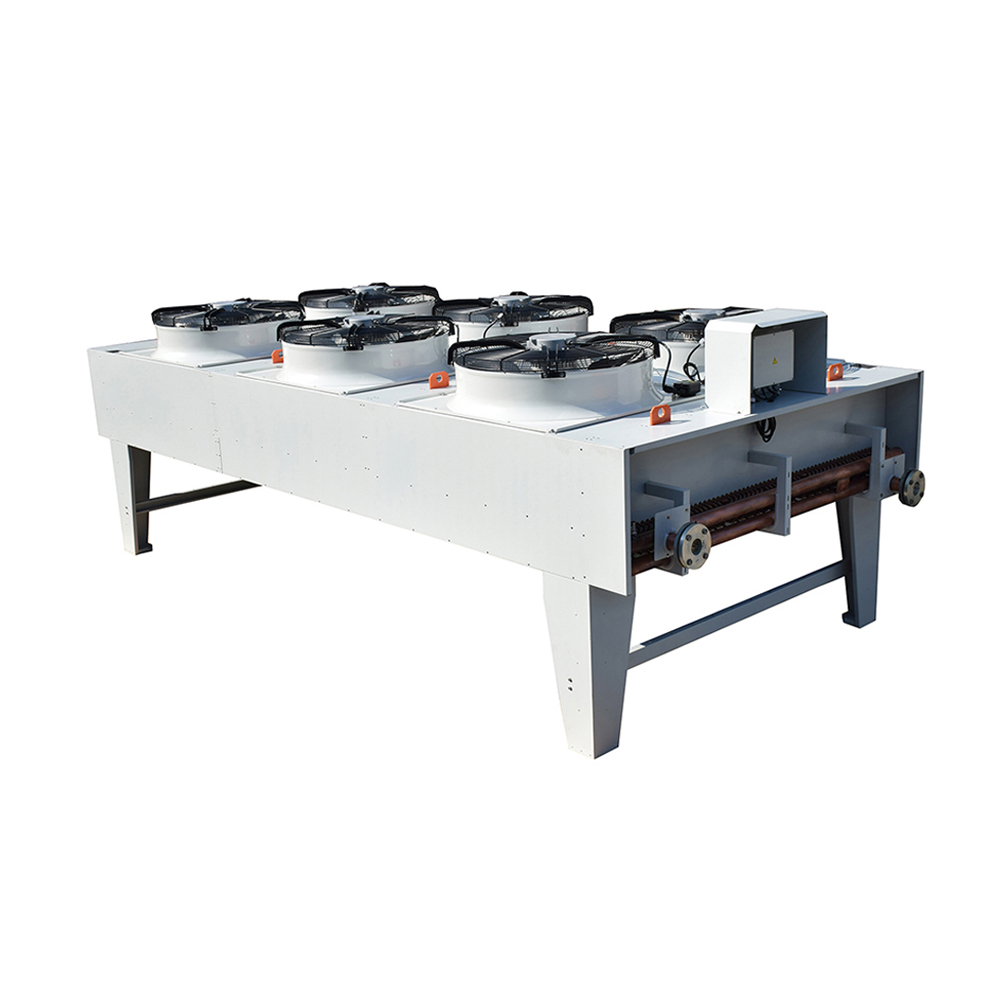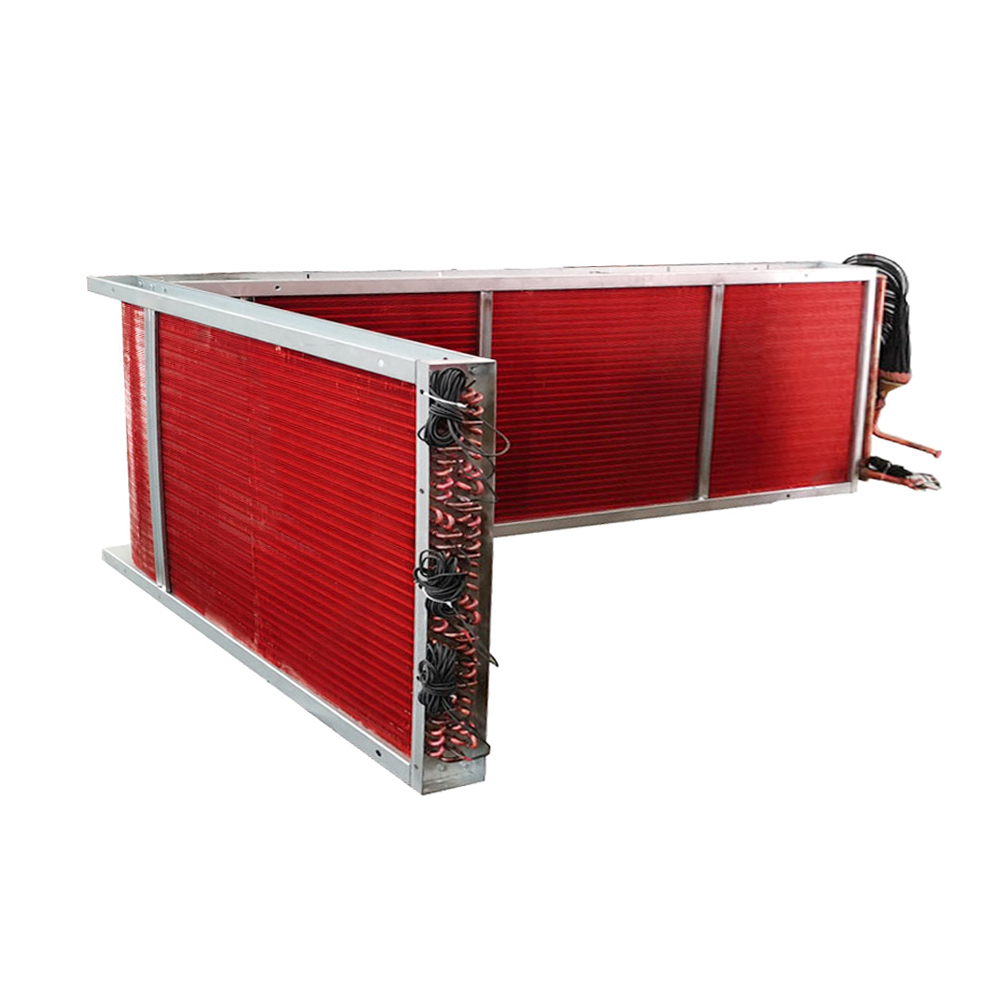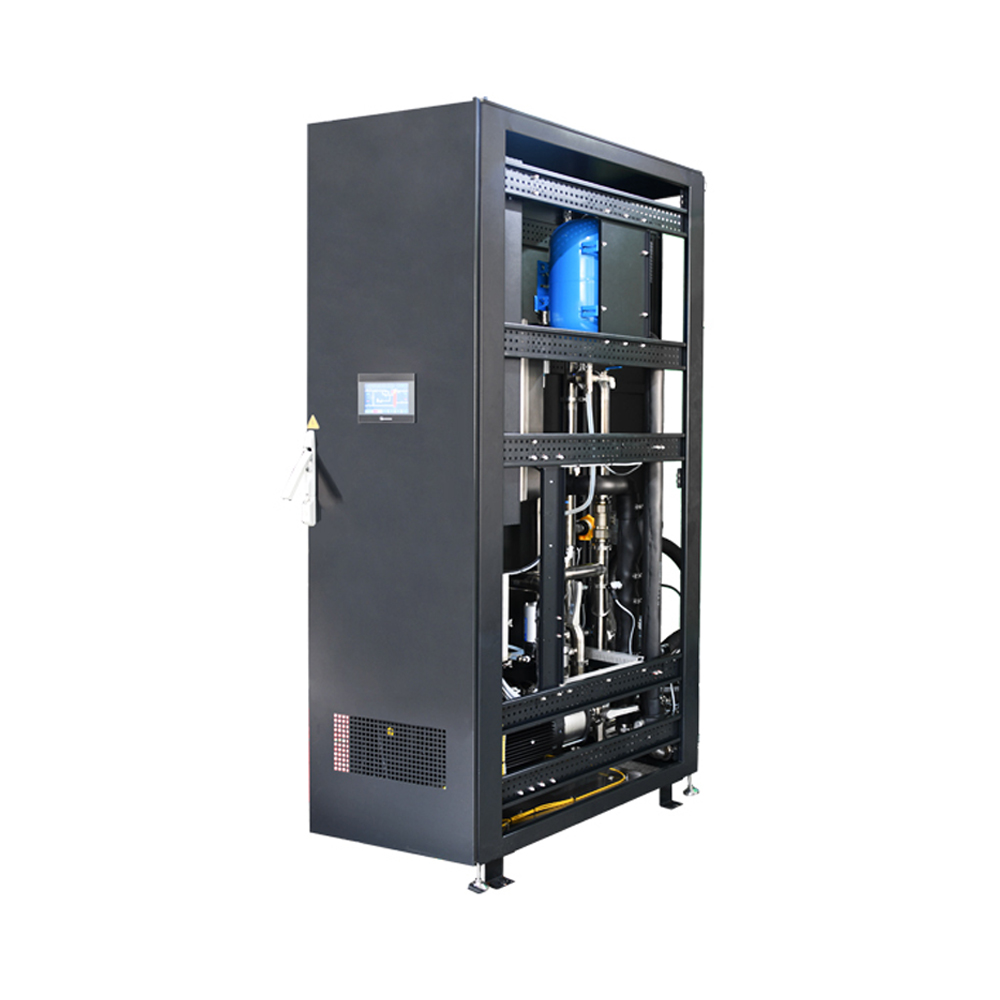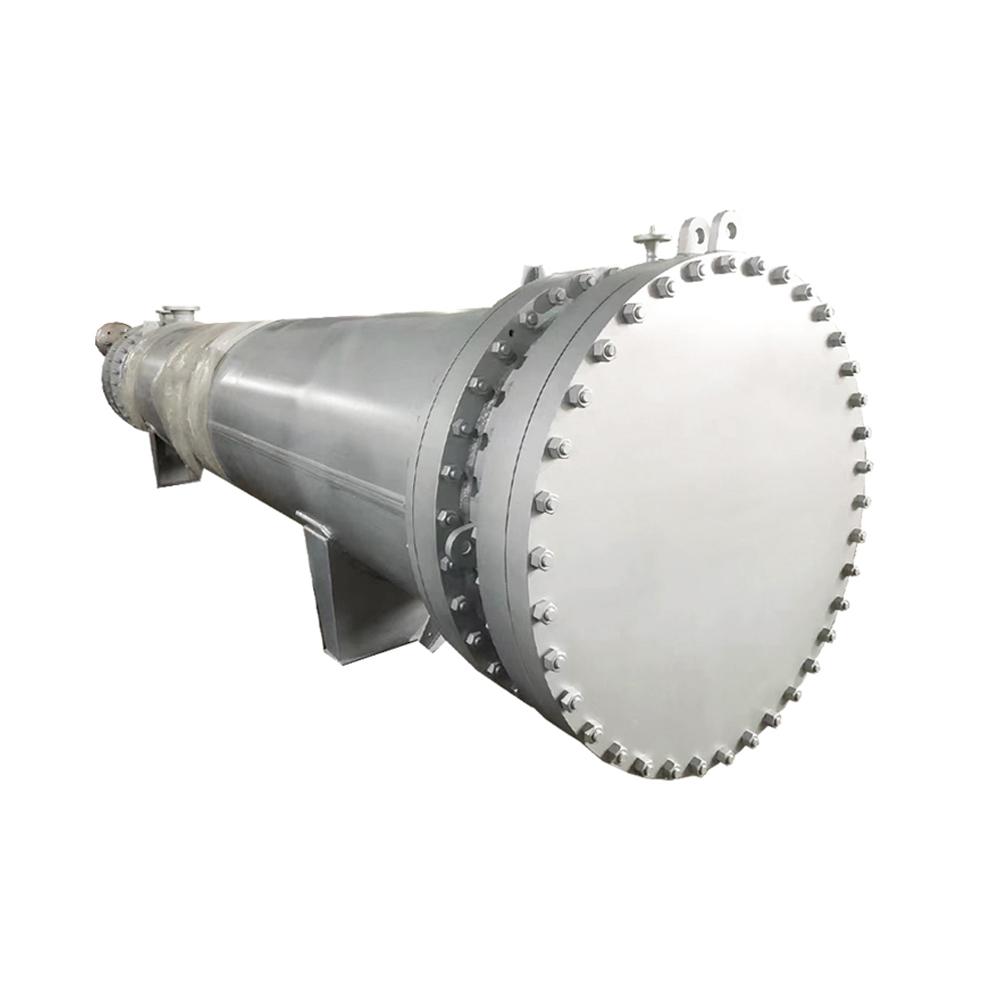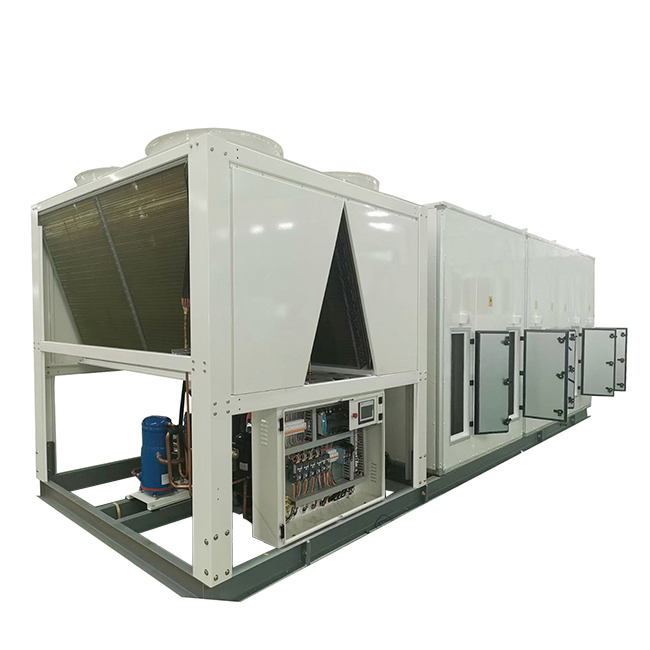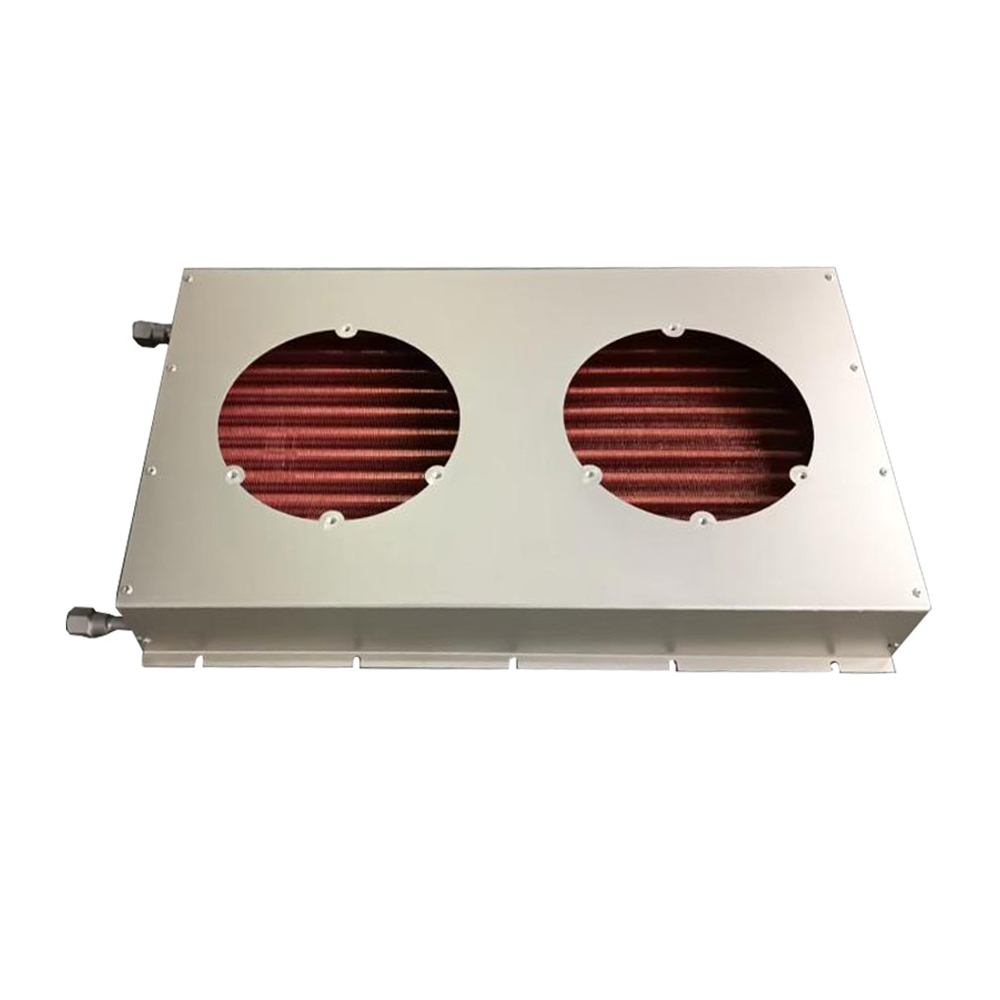This guide provides an in-depth look at choosing the best condenser coil for your needs. We'll cover key factors to consider, different types available, and help you make an informed decision. Learn about efficiency, durability, and compatibility to find the perfect condenser coil for your system.
Understanding Condenser Coils
What is a Condenser Coil?
A condenser coil is a crucial component in refrigeration and air conditioning systems. Its primary function is to dissipate heat from the refrigerant, converting it from a gas to a liquid. The efficiency of this process significantly impacts the overall performance of your system. A poorly performing condenser coil can lead to reduced cooling capacity, increased energy consumption, and even premature system failure. Choosing the right condenser coil is vital for optimal efficiency and longevity.
Types of Condenser Coils
Several types of condenser coils exist, each with its own advantages and disadvantages. Common types include copper coils (known for their excellent heat transfer properties), aluminum coils (often more affordable but less durable), and even hybrid designs combining both materials. The best choice depends on factors like the application, budget, and environmental conditions.
Factors to Consider When Choosing a Condenser Coil
Size and Capacity
The size of the condenser coil must match the capacity of your system. An undersized coil will struggle to dissipate heat effectively, leading to poor performance. Conversely, an oversized coil might be unnecessarily expensive and may not offer significant performance gains. Consult the manufacturer's specifications or a qualified HVAC technician to determine the appropriate size for your needs.
Material and Construction
The material of the condenser coil significantly impacts its durability and efficiency. Copper coils offer superior corrosion resistance and heat transfer capabilities, leading to longer lifespan and better performance. Aluminum coils are generally more affordable but may be more susceptible to corrosion. Consider the operating environment and your budget when making this decision. Shanghai SHENGLIN M&E Technology Co.,Ltd, a leading provider of high-quality cooling solutions, offers a wide selection of condenser coils made with durable materials. You can explore their range at https://www.ShenglinCoolers.com/.
Fin Spacing and Design
The fin spacing and design affect the surface area available for heat dissipation. Closer fin spacing increases the surface area, improving efficiency, but can also lead to increased pressure drop. Consider the airflow and the overall system design when selecting the fin spacing.
Compatibility
Ensure the condenser coil is compatible with your existing refrigeration or air conditioning system. Check the manufacturer's specifications to confirm compatibility with refrigerant type, voltage, and other critical parameters. Incompatibility can lead to system malfunctions and safety hazards.
Maintaining Your Condenser Coil
Regular maintenance is crucial for optimal performance and longevity of your condenser coil. This includes cleaning the coil to remove dust, debris, and other contaminants that can impede heat transfer. Professional cleaning and inspection are recommended at least annually. Neglecting maintenance can significantly reduce the efficiency and lifespan of your condenser coil.
Choosing the Right Condenser Coil: A Summary
Selecting the best condenser coil involves careful consideration of several factors. Understanding the various types, materials, and design features is essential for making an informed decision. Remember to consult with a qualified HVAC technician if you are unsure about the best choice for your specific application. By taking these steps, you can ensure optimal performance, energy efficiency, and a longer lifespan for your cooling system.









.jpg)
